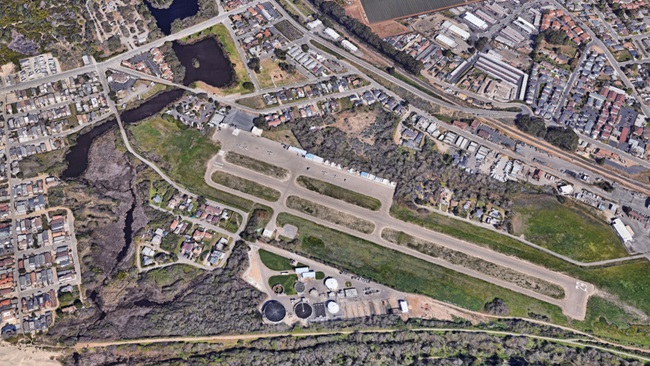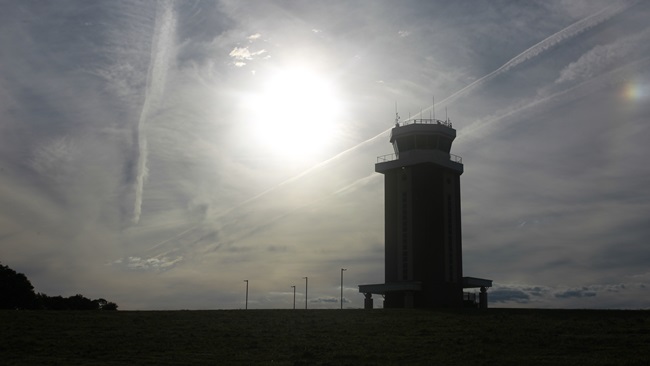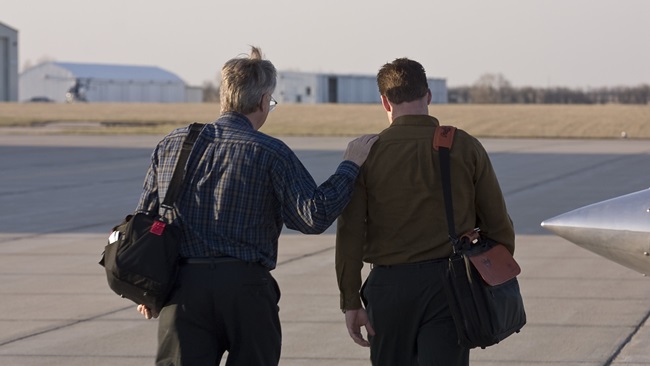A last-minute move to increase Pennsylvania’s jet fuel excise tax by 2 cents a gallon failed when legislators rejected an alternative transportation funding plan that had been filed as an amendment to Gov. Tom Corbett’s $28.4 billion budget package. The budget passed June 30 without the tax hike amendment.
AOPA responded to the fuel-tax hike plan by heading to the state capitol of Harrisburg over the weekend, in the waning hours before the midnight budget deadline to explain the association’s opposition to legislative leaders and other lawmakers.
“While the measure may have been well intended to generate additional transportation revenue, the jet fuel increase was not, in our view, an effective or justified proposal in looking at the cumulative aviation tax picture in Pennsylvania,” said Mark Kimberling, AOPA director of state government affairs. “Especially given that our ongoing discussions in recent years with the legislature and local aviation stakeholders have been focused on the need to competitively reduce the cumulative state aviation tax liability—as Pennsylvania has been losing jobs and revenue to other states in the region for several years now.”
Kimberling pointed out that Pennsylvania could face a problem of diminishing returns from both general aviation and airline fuel sales with an increased excise tax, given a regional competitive environment in which several neighboring states have lower tax rates, or exempt commercial fuel from taxation, provide refunds, or have no fuel excise tax at all.
“Enough of a decline in fuel sold obviously means less net revenue,” he said. “Then with fiscal projections unexpectedly unmet, we’d obviously be concerned about an eye on additional increases or taxation."
Lawmakers who supported raising the tax simply because its seemingly low rate had not been increased for many years despite the fact that the effective rate is actually higher or on par with a majority of the states in the Northeast failed to consider the overall context of state aviation taxation. Pennsylvania general aviation pilots also pay local taxes and fees, and the state’s 6-percent sales tax on aircraft purchases, maintenance, and leases. None of the proceeds of those taxes is currently dedicated for reinvestment in the state aviation system.
“We would urge consideration of dedicating some of this existing revenue to aviation before any new tax increase proposal places a strain on an already fragile industry facing high operating costs,” he said. Those costs compound the impact of federal excise taxes on fuel, “along with the steady rise in avgas and jet fuel prices.”
AOPA will remain vigilant to any new efforts to raise taxes on aviation in Pennsylvania, where Corbett reportedly remained “hopeful” about revisiting the larger transportation bill this fall. That may reinvigorate this fuel tax proposal—along with other initiatives that did not succeed, such as reform of state liquor sales—after the legislative recess, which began on conclusion of the budget vote.



